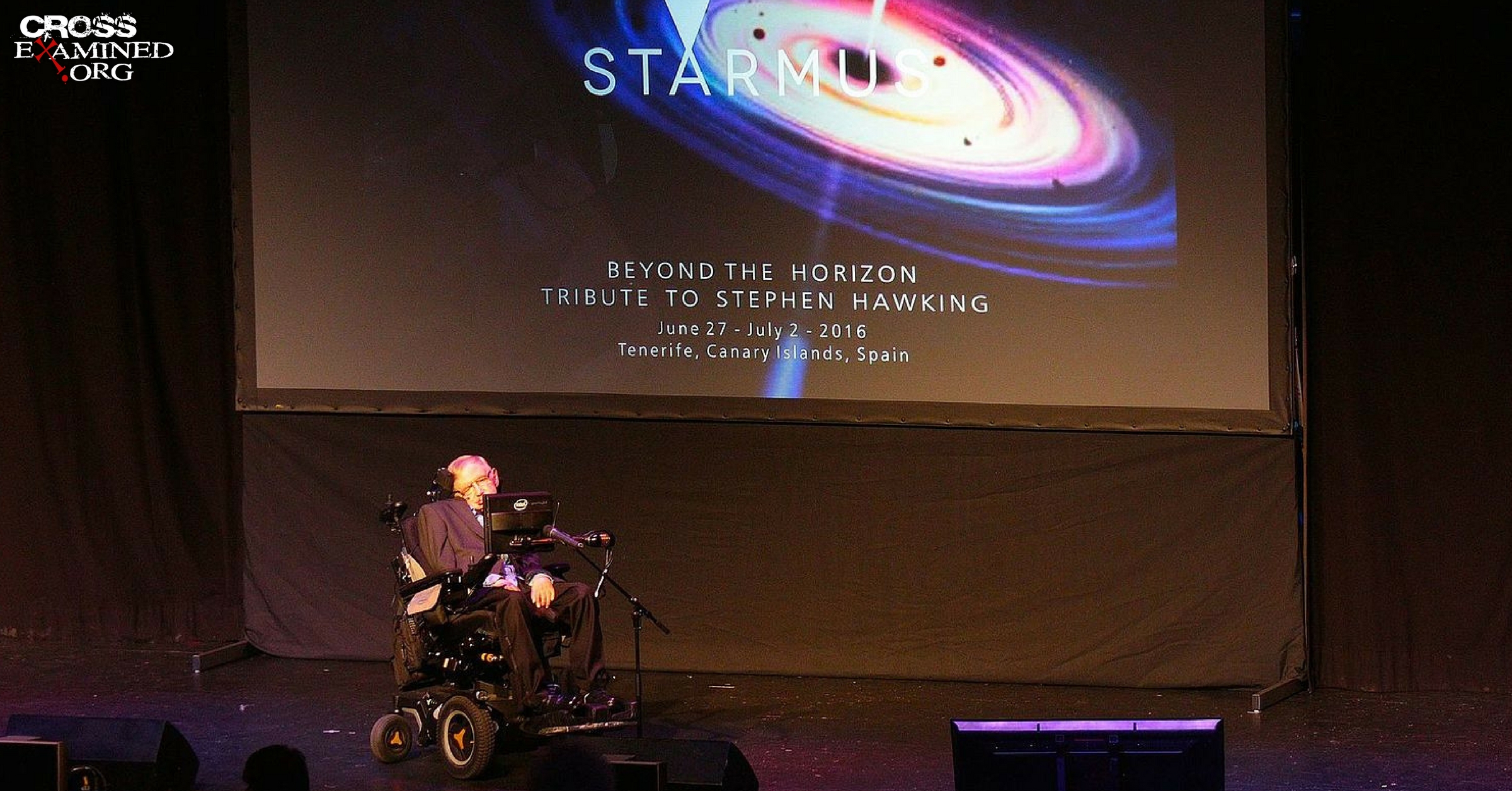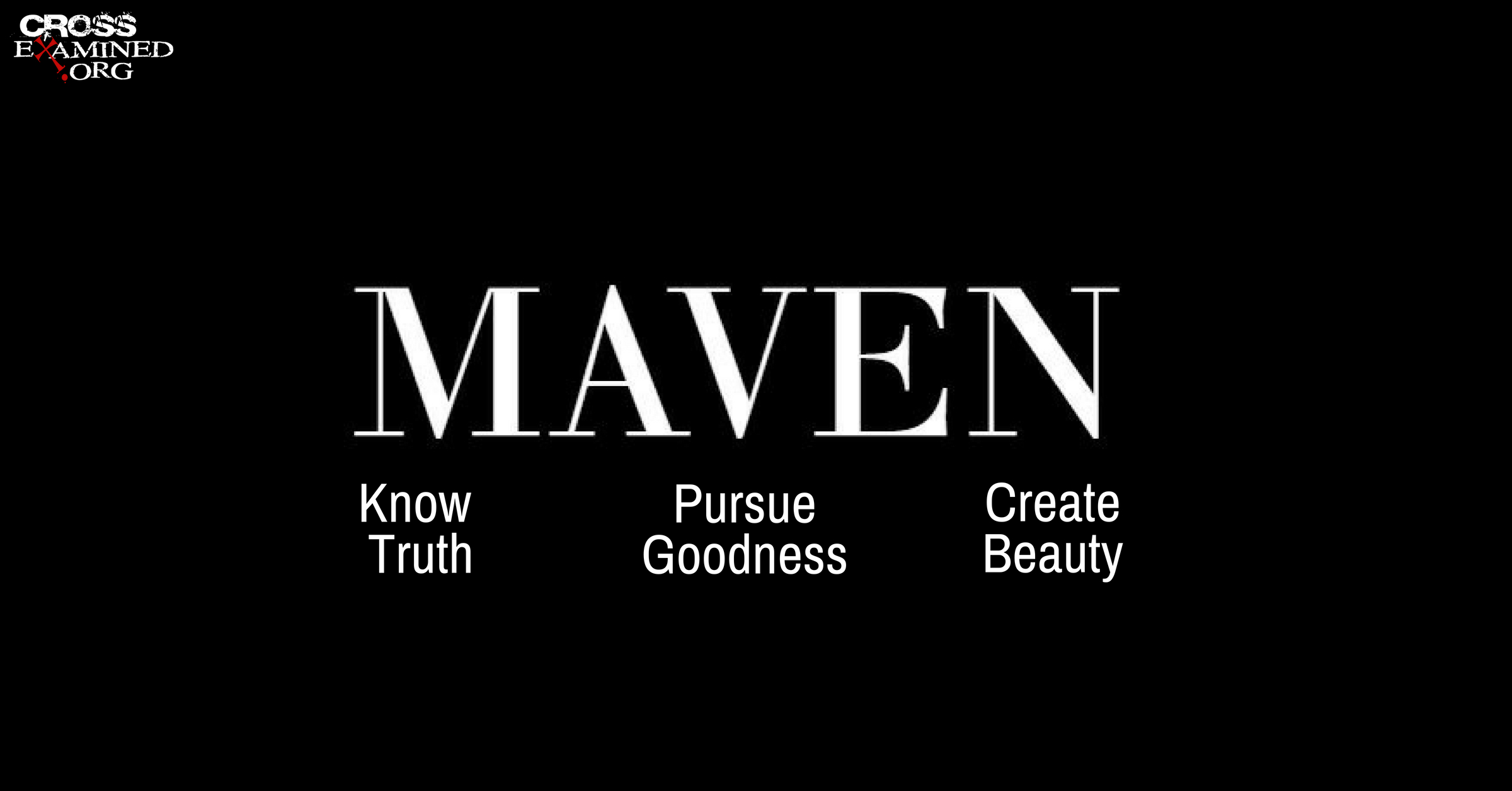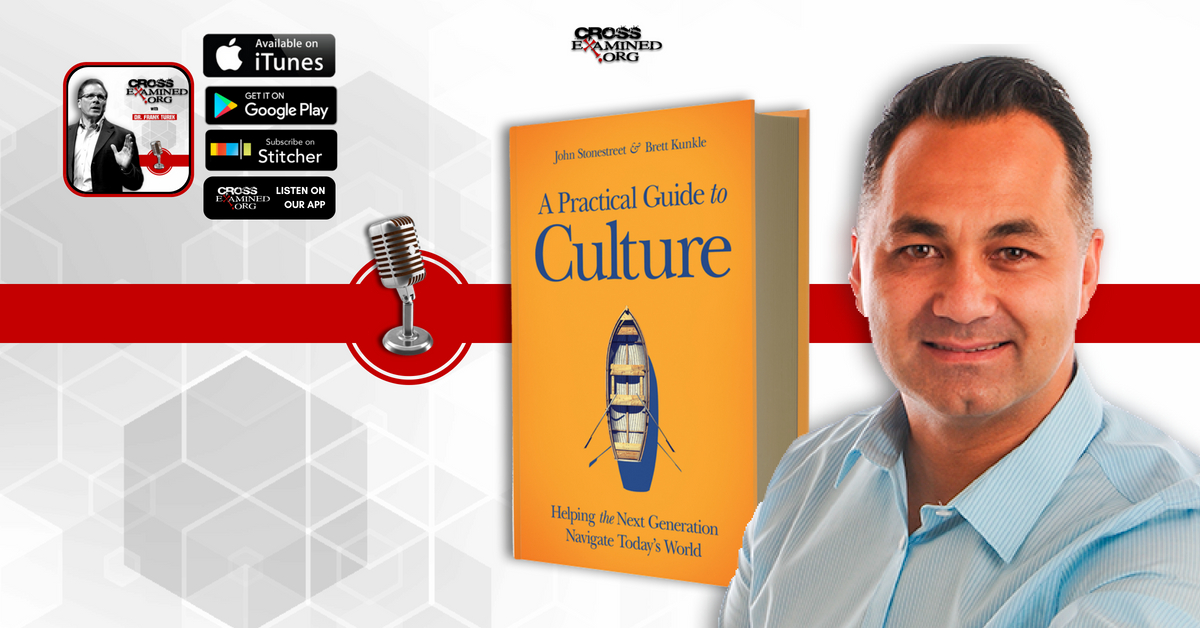Hell is probably not at the top of your list of things to talk about with your kids.
On the surface, it seems to contradict all the messages about God’s love that we share with them. We worry about confusing them or having them follow Jesus out of fear. We want them to focus on the joy of Jesus and how we should live in this life. I dare say that we sometimes don’t know quite what to make of hell ourselves. Therefore, we just avoid the topic.
But it shouldn’t be ignored.
We frequently talk about the need for salvation and the fact that Jesus died so we can be forgiven and reconciled to God. But saved from what? Reconciled for what? Hell is the assumed other side of the coin that we outright avoid acknowledging much of the time.
So what should we teach our kids? “If you believe in Jesus, you go to heaven, if you don’t, you go to the big fiery pit called hell where you suffer forever. The end.” Pass the dinner rolls.
There is much more we can and should teach about hell than this simple “heaven and hell are opposites” concept! Given how many people struggle with the notion of hell as adults, it should be well worth our while to address this (admittedly difficult) topic more thoroughly.
Here is a framework of key topics to consider. This is detailed! But you won’t regret taking the time to consider these points.
I highly recommend Francis Chan’s book “Erasing Hell” as an excellent and much more complete treatment of this subject.
- The Bible speaks of hell in many places.
If you read your Bible regularly, you might think this one is a no-brainer. But Bible literacy is at an all-time low according to many surveys, and many Christians are not highly knowledgeable of what is and isn’t in the Bible.
With this in mind, let’s start with making sure our children know that hell is, in fact, spoken of in the Bible many times. There are 162 references to hell in the New Testament, and 70 of those references were made by Jesus himself.
The extent of hell references is actually quite an important point to understand; the notion of hell doesn’t come from a vague handful of statements. With 162 references, there is no getting around the fact that the New Testament talks extensively about hell.
- Hell is a state of punishment after the final judgment (not a status in this life).
In an effort to soften the concept of hell, I’ve heard many well-meaning people suggest the notion that hell is separation from God on earth (“hell on earth”). This is simply unfounded. The Biblical concept of hell very specifically refers to the punishment of the unrighteous after the final judgment (at the end of history). Every person will be held accountable for this life. Those who believed in Jesus will be reconciled to God and will be with him forever; those who did not will be separated from God in hell.
Matthew 25:31-46 is the longest and most detailed account of that judgment day in the gospels. Though the word hell is not actually used here, the concept is clearly conveyed.
“When the Son of Man comes in his glory, and all the angels with him, then he will sit on his glorious throne. Before him will be gathered all the nations, and he will separate people one from another as a shepherd separates the sheep from the goats…then he (God) will say to those on his left, ‘Depart from me, you who are cursed, into the eternal fire prepared for the devil and his angels…then they (the unrighteous) will go away to eternal punishment, but the righteous to eternal life.”
Paul never used the word hell in his 13 letters but described the fate of the unrighteous with words such as “perish, destroy, wrath and punish” more than 80 times.
It is clear that hell is a final punishment at the end of time for the choices made in this life, not a reference to a status in this life.
- Hell is described with imagery of fire and darkness, but those may not be literal descriptions.
In reading some books about hell, I have to admit I was surprised to learn that the vast majority of Christian pastors and scholars do not believe that hell is a literal fire, even though that’s what most of us traditionally associate with it. However, when you really look at the descriptions of hell, it certainly appears they are metaphorical rather than literal, physical descriptions. Take these examples:
- Jesus refers to hell as a “fiery furnace” and “eternal fire” (Matthew 13:30-40; 49-50). The Book of Revelation also refers to the “lake of fire” (Revelation 20:10).
- At the same time, Jesus refers to hell as “outer darkness” (Matthew 8:11-12; Matthew 22:13; Matthew 25:30).
Though it’s possible to conceive that God can create a way for there to be fire AND darkness at the same time, most theologians look at these opposing descriptions as metaphorical rather than literal. Fire is often used throughout the Bible in nonliteral ways (e.g., Luke 12:49, Rev. 1:14, James 3:6, 1 Corinthians 3:15).
The bottom line is that we don’t know exactly what hell will be like. We know its purpose (see number 2), but to teach that hell is simply a big fire pit where non-believers go probably assumes more than the Bible tells us. Whatever it literally is, however, we do know that hell will be eternal separation from God.
- There may be degrees of punishment in hell.
This was also a new concept to me. There are three scriptural references that hint at there being degrees of punishment in hell:
- In Matthew 11:24, Jesus said, “It will be more tolerable on the day of judgment for the land of Sodom than for you” (“you” referring to those who witnessed Jesus’ life first-hand).
- In Luke 12, Jesus tells a parable about slaves who receive differing levels of punishment (this is thought to represent final judgment).
- Paul suggests that unbelievers are “storing up wrath” for themselves on judgment day.
Though the Bible is far from clear on this concept, it is an interesting insight to discuss.
- Hell is a place of annihilation or never-ending punishment.
Something else Christian Biblical scholars battle over is the duration of hell. Most of us have learned exclusively that the wicked will suffer “forever and ever” … and that may indeed be the case. But there are very valid reasons for believing that the Bible speaks alternatively of annihilation (permanent destruction rather than everlasting punishment).
In almost every passage where Jesus mentions hell, He doesn’t explicitly say that it will last forever. Most biblical references to hellfire say “eternal fire” – but does that mean the fire or the suffering is eternal?
In Mathew 10:28, Jesus says, “Fear him who can destroy both soul and body in hell.” Destruction has a very different connotation than eternal suffering. The language of destruction specifically is common throughout Paul’s letters as well. John 3:16 itself says that those who believe in Him “shall not perish.” Again, perishing is different than eternal suffering.
Matthew 25:45-47 are the key verses that support the notion of never-ending punishment: “…and these will go away into everlasting punishment, but the righteous into everlasting life.” These are the same Greek words Jesus used to describe the fire “prepared for the devil and his angels,” so Jesus is saying unbelievers share the same fate as the devil.
We don’t know for certain what the duration of suffering will be. The interpretation based on the original words continues to be the subject of extensive debate.
- No passage in the Bible says that there will be a second chance after death to turn to Jesus before the final judgment of hell.
While we can hope and hypothesize all day long about the possibilities of people having a second chance to turn to Jesus (and many people do), the fact remains that there is no evidence of this in the Bible.
- The existence of hell doesn’t imply Christians are in any position to determine who or who will not be going there.
While the Bible tells us in general why people go to hell (for not believing in Jesus), we are not in a position to judge individuals. I’ve been asked several times by non-believers if, as a Christian, I think they are going to hell. I always reply with what the Bible says about believing in Jesus for salvation, and that only God knows their heart. We need to make sure a knowledge of heaven and hell doesn’t lead to our kids becoming judgmental of individuals themselves.
- Hell is hard to understand.
Theoretically and theologically speaking, I understand and can “justify” to myself why a good God sends people to hell. But from a very practical perspective, does it make “sense” to me that friends or family members – people I know and love – will suffer forever and ever for not having faith?
No.
Hell is hard to understand. If for some reason hell is not hard for you to understand, please know that hell is hard for the vast majority of people to understand, probably including your kids. To not acknowledge this when talking about hell almost trivializes the matter.
I will readily tell my kids that hell IS hard to understand, but that truth is not dependent on whether or not it makes sense to our human minds. If we accept all of the “joyful” parts of Christianity that we learn from the Bible, we have to accept the existence of hell as well – even if it is a very, very difficult thing to grasp.
Original Blog Source: http://bit.ly/2Md4S62











